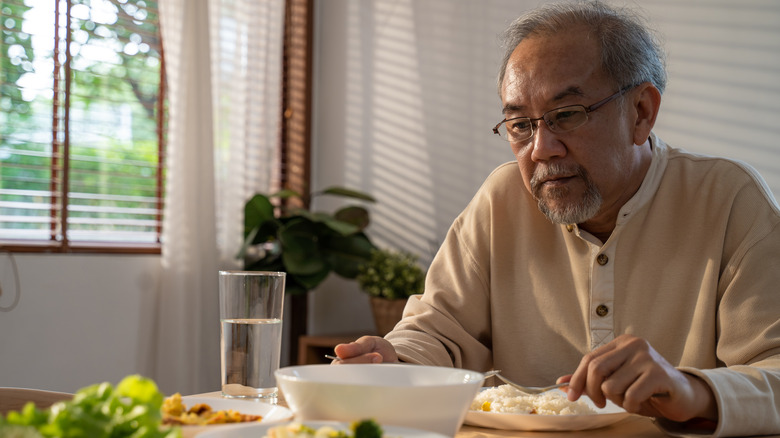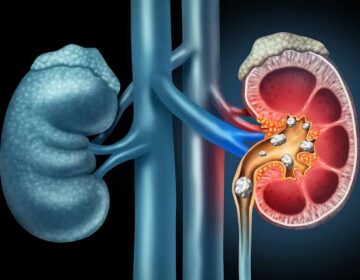A major review reveals that mealtime companionship may play a surprisingly important role in the nutrition and health of older adults.
Older adults who often eat by themselves may face a higher likelihood of poor nutrition and related health issues compared with those who regularly share meals, according to new findings from Flinders University.
The review, published in the journal Appetite, brought together results from 20 studies conducted internationally. These studies explored how eating alone relates to measurable health indicators among adults aged 65 years and older who live independently.
Across the research, a clear pattern emerged. Eating meals alone was frequently linked with lower overall diet quality, decreased consumption of important food groups such as fruits, vegetables and meat, and a greater chance of experiencing weight loss or frailty.
Lead author Caitlin Wyman, an Accredited Practicing Dietitian and PhD candidate in Flinders’ Caring Futures Institute, says the results emphasize how valuable social interaction can be for older adults, particularly during shared meals.
“Food is more than the nutritional benefit it provides. Sharing a meal is an important social activity that can influence appetite, dietary variety, and overall well-being,” says Ms. Wyman, from Flinders’ College of Nursing and Health Sciences.
“We knew from previous research that feelings of loneliness and social isolation can contribute to reduced food intake, but we had yet to explore the nutritional and physical outcomes of older adults eating alone versus with others.”







